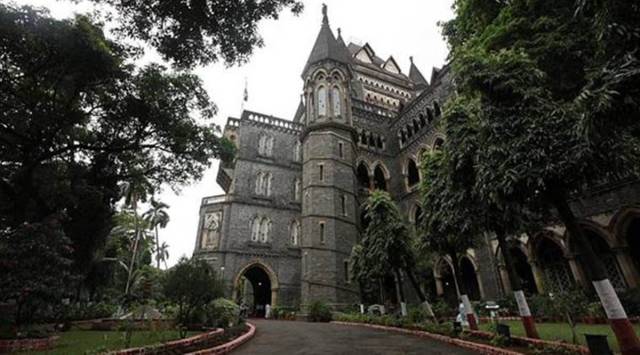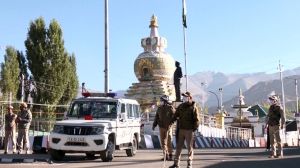Bombay High Court suspends conviction of Sena MLA in 2013 assault case
Given the relief granted by a single-judge bench of Justice Bharati H Dangre, Dalvi can now continue to be a MLA. The detailed order of the court will be made available in due course.
 Bombay High Court
Bombay High Court The Bombay High Court on Thursday suspended the conviction of MLA Mahendra Dalvi, who had earlier been sentenced to two years’ imprisonment in a 2013 assault case. Dalvi, a MLA from Alibaug, is from the Shiv Sena led by Chief Minister Eknath Shinde.
Given the relief granted by a single-judge bench of Justice Bharati H Dangre, Dalvi can now continue to be a MLA. The detailed order of the court will be made available in due course.
Dalvi had filed an appeal in the High Court after a court in Raigad district, in May last year, had convicted him on assault charges and sentenced him and his followers Anil H Patil, Ankush Patil and Avinash Mhatre. Through his interim application, Dalvi had sought suspension of the sentence imposed on him, pending his appeal.
The accused were booked for allegedly beating up one Babu alias Salim Lalasaheb Digi at Thal in Raigad district in 2013. They were booked under offences punishable under Section 324 (assault) and other relevant provisions. Police had also imposed the Scheduled Castes and Scheduled Tribes (Prevention of Atrocities) Act against them. But the charges under the latter Act were not proven. However, on Dalvi’s request, District Judge Veebha Ingale had stayed implementation of his sentence, to enable him to file an appeal against the same in the High Court.
Dalvi, in his plea filed in July last year, had argued through senior advocate Raja Thakare and advocate Pradeep Gharat that in view of Section 8 (3) of the Representation of the People Act, 1951, the sentence of two years entails disqualification and therefore stay of conviction was necessary. Advocate Sanjeev Kadam, appearing for the original complainant in the case, had opposed Dalvi’s plea.
Section 8(3) of the Act states: “A person convicted of any offence and sentenced to imprisonment for not less than two years shall be disqualified from the date of such conviction and shall continue to be disqualified for a further period of six years since his release.”







